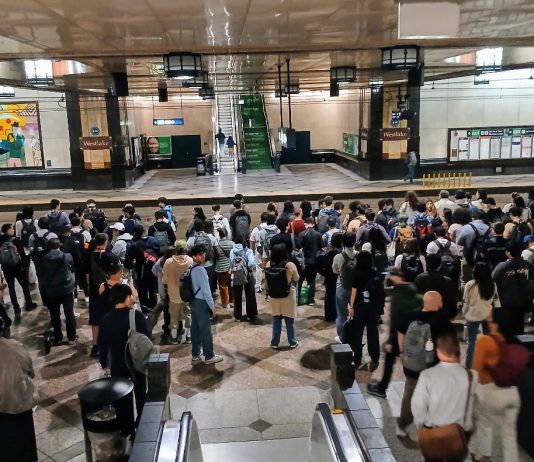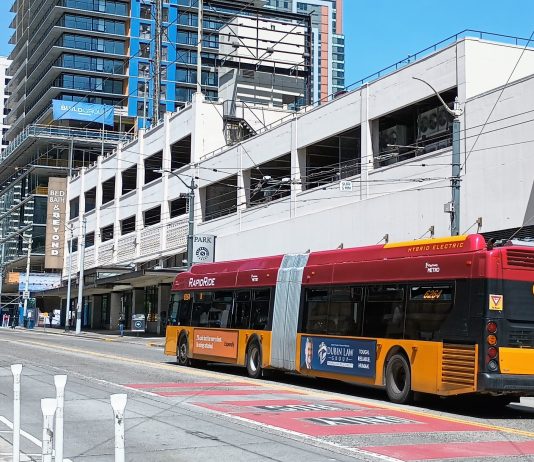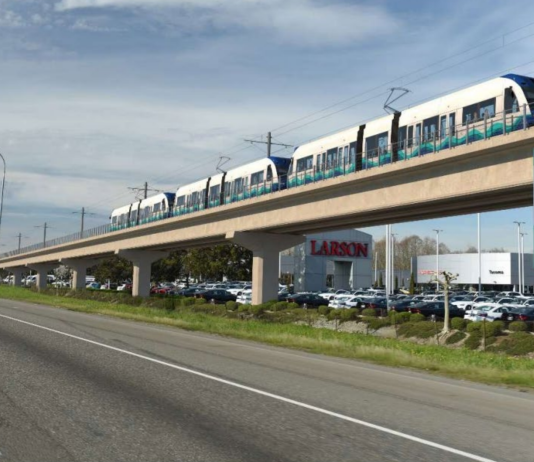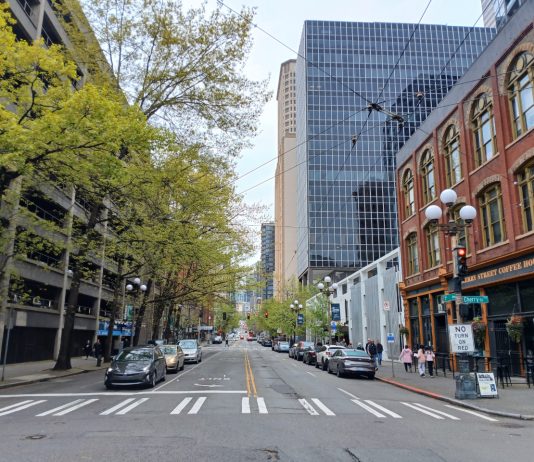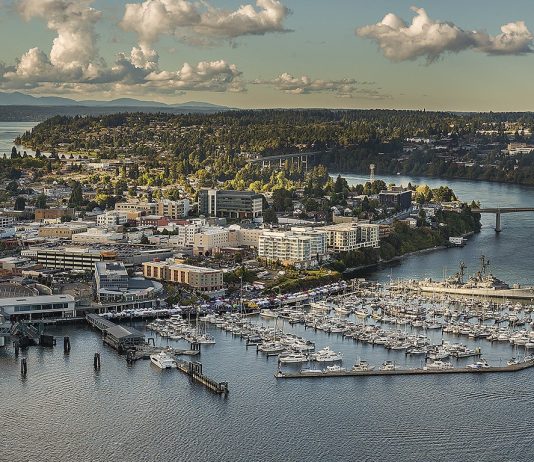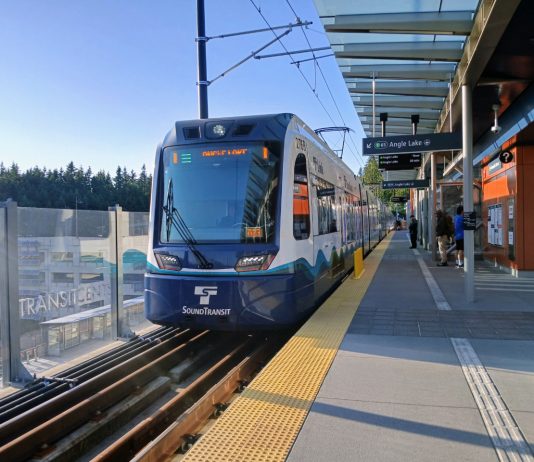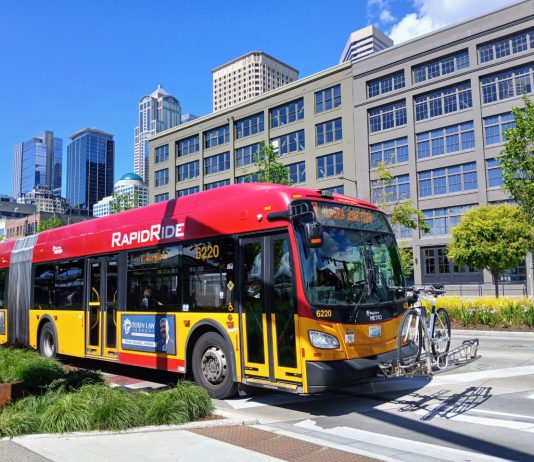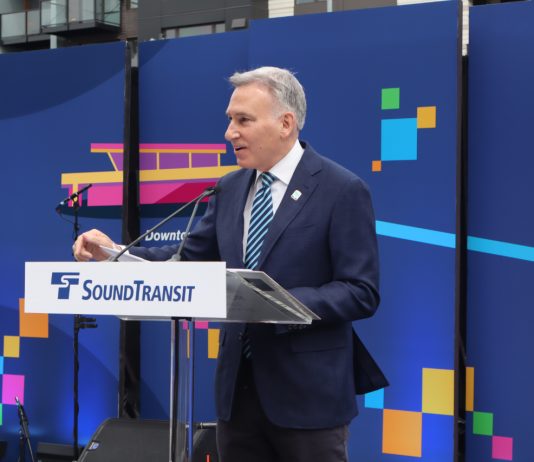Ryan Packer
696 POSTS
0 COMMENTS
Ryan Packer has been writing for The Urbanist since 2015, and currently reports full-time as Contributing Editor. Their beats are transportation, land use, public space, traffic safety, and obscure community meetings. Packer has also reported for other regional outlets including BikePortland, Seattle Met, and PubliCola. They live in the Capitol Hill neighborhood of Seattle.
All 1 Line stations in Downtown Seattle will be closed Saturday June 21 to Sunday June 22, after Sound Transit discovered a section of rail in need of replacement near Westlake. The agency plans to run shuttle buses to bridge the gap every 30-60 minutes. Alternate transit routes may best serve riders.
An expansion of Third Avenue bus-only lanes further into Belltown had the support of SDOT and King County Metro, and was expected to save riders over 200 cumulative hours every weekday. But the project was cancelled after Councilmember Bob Kettle and some downtown business owners raised concerns.
After navigating through a number of major issues that added years of delay, the Sound Transit board is poised to adopt a new preferred alternative for Tacoma Dome Link. The project isn't slated to reach full design until 2027 and to open until 2035.
Restoring transit routes to First Avenue, after they were removed in 2011 to make way for the demolition of the Alaskan Way Viaduct, is a needed step in downtown mobility as the neighborhood enters a new era.
On Wednesday, Bremerton ditched parking mandates, letting builders choose housing over excessive parking. Following in the footsteps of cities like Spokane, Port Townsend, and Bellingham, the move sets Bremerton up to prioritize housing needs and improving multimodal travel options.
Rather than jumping through new hoops to submit permit applications, Sound Transit will instead simply need to submit a report laying out the public outreach it conducted. The change should allow the original intent of the bill to streamline permitting to be maintained.
The proposal for a 0.1% sale tax hike comes in response to structural issues with King County's budget, and would generate around $100 million annually. Half would fund maintenance on unincorporated roads, and the other half is likely to go to safety upgrades at Metro.
Sound Transit's newly announced "enterprise initiative" is needed to respond to financial pressures expected to impact system expansion plans. But the work is expected to be broader than past financial restructures, where project delay was the most noticeable outcome.

